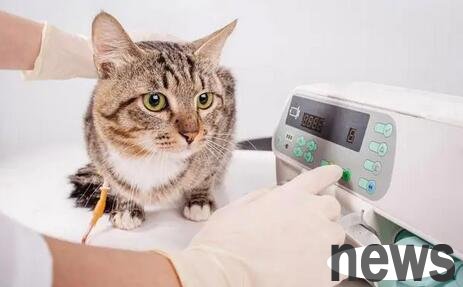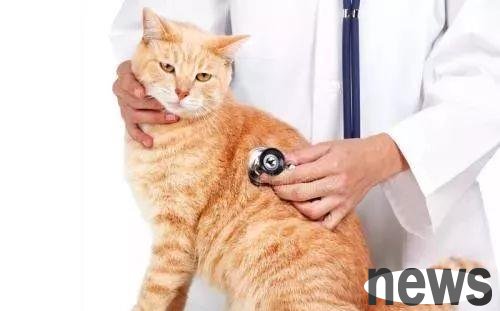Cats only have two kidneys, each with a ureter connecting the bladder organ. The combined function of the two kidneys is usually higher than that of their function that is required to function properly in the body, so their kidneys are very good.
It is precisely because of this kind of favor that many cats don't like to drink water, which keeps their kidneys in overwork. When kidney function cannot meet the needs of the body, what is medically called renal failure occurs. No wonder kidney disease can be the number one killer in cats.

1. Classification of renal failure
Acute renal failure refers to the sudden loss of filtration function in the kidneys, resulting in the accumulation of nitrogen-containing waste, the loss of balance of moisture, electrolytes and acid tests. If it can be diagnosed and treated quickly, it can usually be recovered.
Chronic renal failure is the gradual deterioration of the kidney itself, which usually takes several months to one year. When the kidney kidney cells are damaged by more than 75%, polyuria and severe thirst will occur. The average age of onset is about seven years old, and as we grow older, the proportion is getting higher and higher.
1. Chronic renal failure
The first symptom is polyuria and severe thirst. When the condition worsens, other symptoms include weight loss, hair color change, anorexia, vomiting, malignant breath, tooth infection and oral ulcers. In the end, the cat cannot retain water and dehydration leads to weakness, collapse, shock and death. Death is usually caused by heart failure due to increased potassium flow in the blood. Chronic renal failure is usually a disease in elderly cats, but it is not absolute.
【Causes include】
(a) Infection in the kidney or other parts of the body
(b) Body's immune system problems
(c) Hereditary renal defect
(d) The kidney is affected by toxins
(e) Renal function is degraded due to normal age
2. Acute renal failure
occurs very quickly and often has obvious symptoms, such as anuria, vomiting, weakness, collapse and death.
【Causes include】
(a) Drug poisoning
(b) Any disease that causes dehydration or fluid loss
(c) Sudden worsening of chronic renal failure
(d) Obstructed urination, such as urethra obstruction
(e) Shock or heart failure
Tips for self-diagnosis
(a) Overall condition: body appearance, hair is roughly good, skin elasticity (dehydration), low body temperature, or fever, shortness of breath, slow heartbeat, sudden loss of appetite, listlessness, exercise disorders, epilepsy.
(b) Gastrointestinal symptoms: bad breath, oral ulcers, glossitis and even tongue ulcers, vomiting (sometimes containing blood).
(c) Respiratory tract symptoms: A strong smell of Amonia appears in the breath.
(d) Urinary tract symptoms: oliguria, anuria or polyuria.
